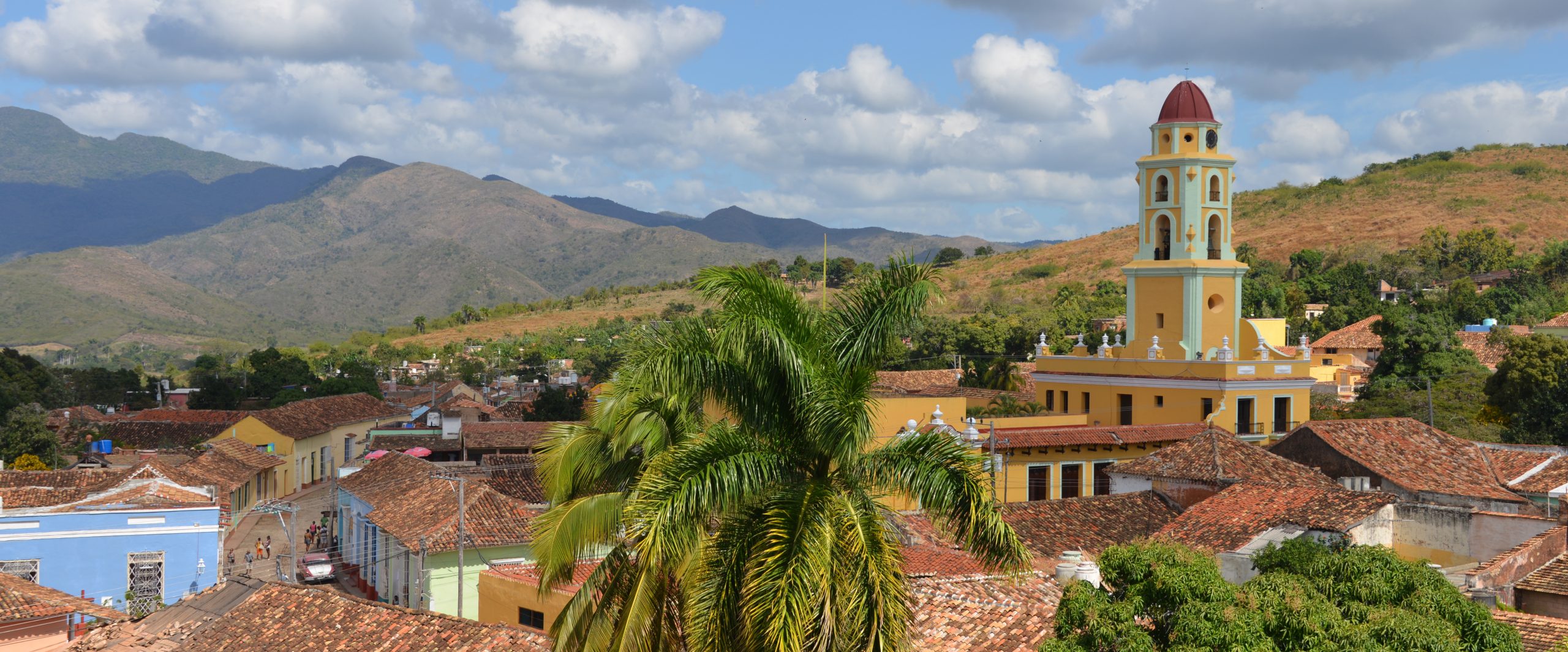Should the U.S. Emulate Cuba’s Organic Honey Industry?
February 16, 2016
With the fall of the Soviet Union in 1991 and the start of U.S. trade embargo, the Caribbean island of Cuba has had few major trading partners for its industries, including its honey trade. Because of this, Cuba could not afford pesticides for agricultural endeavors, and as a result of this Cuba effectively embraced organic agriculture and has stuck to those policies ever since.
Today, Cuba’s certified organic honey is its fourth most valuable export, with the commodity being worth more per litre than oil. “It’s a very natural environment here,” said Raul Vasquez, a Cuban farm employee in article for The Guardian. “The government is not allowed to sell us chemicals--this could be why the bees aren’t dying here,” which is in reference to declining bee populations in the U.S. and other countries. Recently restored diplomatic relations between Cuba and the U.S. have led to the embargo being lessened, giving hope that the two nations might open trade proceedings.
“I don’t think there are any doubts that populations [in the U.S. and Canada]...have declined since the second world war,” said Norman Carreck, science director of the International Bee Research Association. Beekeepers in those regions have long complained that pesticides are responsible for collapsed bee colonies, which have ultimately hurt the honey industry. The debate still continues over whether or not neonicotinoids--systemic pesticides--should be EPA regulated, which released a study this past January that indicated insecticides used on cotton plants and citrus groves can harm bee populations. Controversy has ensued while trying to address the vulnerable situation that U.S. bee populations find themselves to be in.
Having been forced to become organic, Cuba’s honey industry might just avoid the problems plaguing U.S. beekeepers and honey exporters. “The overall use of pesticides is fairly controlled,” said Theodor Friedich, Cuba’s rep for the UN Food and Agriculture Organisation (FAO). “Cuba has been immune to the die-offs [hitting other regions].” Though a smaller, growing industry, Cuban officials and citizens believe with the potential advantages and the honey’s “specific and typical taste” the country can hold its own against honey heavyweights like Argentina, China, and Turkey.
As stated earlier, Cuba and the U.S. have restored diplomatic ties and may possibly engage in trade. The question remains over whether or not the U.S. should support an organic approach to beekeeping. There’s an effort to find the best answer, and perhaps Cuba’s honey industry will give us an idea.


.jpg)



